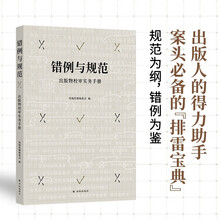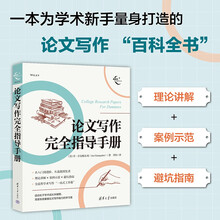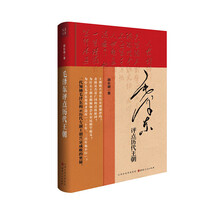《苏州大学海外汉学研究丛书:海外中国现代文化研究文选》:
Lu Xun's mistrust of the male gaze, possibly informed by his readings of Freud's psychoanalytic theories, is apparently at work herc: Siming not only does not aid the beggar girl, but he also secretly derives some scopophilic pleasure from looking at her, perhaps even imagining her "scrubbed clean."
Underlying Lu Xun's profound distrust of the male gaze is a searing critique of patriarchal culture.Laura Mulvey has argucd that "women are simultaneously displayed and looked at with thcir appearance coded for strong visual erotic impact so that they can be said to connote to-be-looked-at-ness" (1975: 62-63).It is, perhaps, this very quality of "to-be-looked-at-ness" inscribed on women's bodies by suspicious gazes that Lu Xun was most distrustful of.While a generation of intellectuals eagerly championed "Nora" and 6'women s liberation," Lu Xun's views were tempercd by a deeper reflection on the implications of promoting such public visibility for women in light of Chinese social realities and the continued currency of traditional gender norms.As he seems to suggest in his stories and essays, perceptions of women in the public have been and continue to be structured by male desirc.Despite the positive connotations that "women s liberation" may have figured for the new intellectuals, his writings underscore how women in the public are not only subjected to malicious gazes but also continue to be viewed and portrayed as morally suspect individuals.According to Lu Xun, these embedded structures of onccptualizing gender are not only reflected in people's perceptions of public women but also replicated in narrative forms: besides the frequent conflation in the public of images of women with prostitutes, he cites as well the variations of the beauties-felling-cities ( qingguo qingcheng) narrativesrecycledin contemporary discourses and cultural forms.
……
展开










